Botswana holidays
Botswana has long held travellers’ imaginations with its wild landscape of deserts, wetlands and endless savannas perfect for that bucket-list African safari. But a holiday to Botswana isn’t all about spotting the Big Five. From seeing conservationism up close to enjoying action-packed sports and exploring ancient rock art, this landlocked country in Southern Africa guarantees unforgettable thrills.
Top destinations in Botswana
Botswana: fast facts
Language
English, Tswana
Currency
Botswana pula (P)
Time zone
UTC+2 (CAT)
Botswana holiday highlights
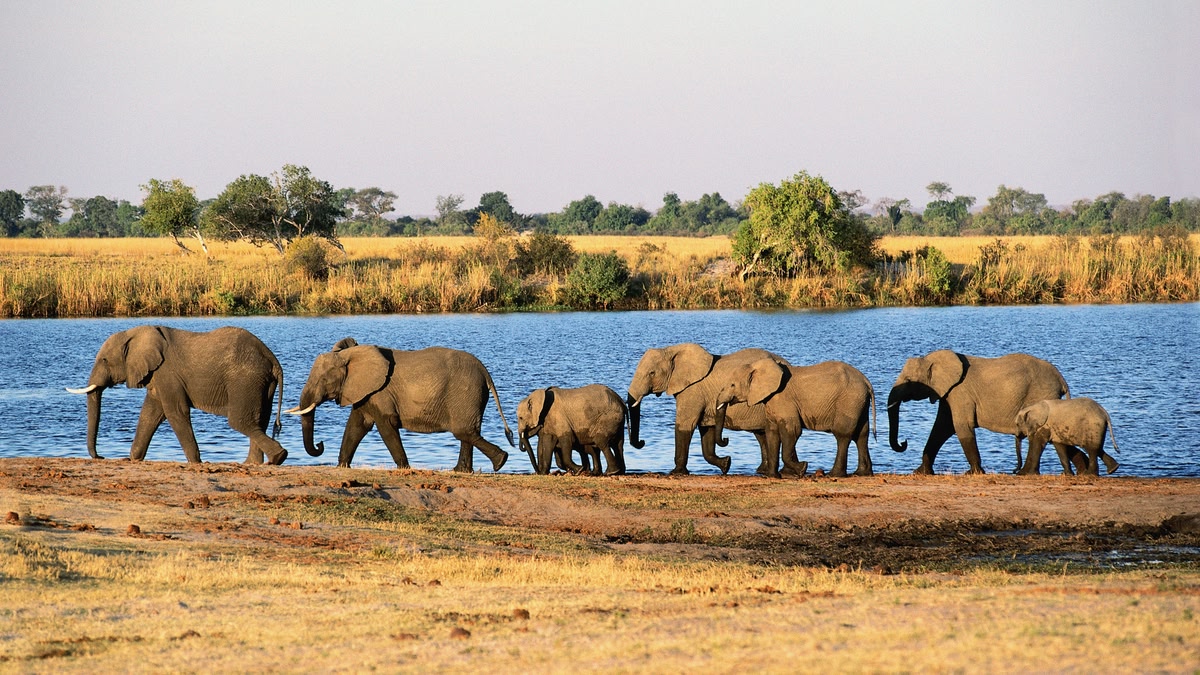
Wild safaris
One of the best things to do in Botswana is to go on a safari. See herds of elephants in Chobe National Park, and admire the Okavango Delta’s hippo, lion and bird populations. Conservation is at the heart of the country’s wildlife tourism. Avoid operators selling experiences like lion walks or jeep chases that interfere with animals’ wellbeing.
Outdoor thrills
Safaris aren’t the only thrills Botswana has in store. Ride a 4x4 across the vast Makgadikgadi Pans and explore the Okavango Delta by canoe. You can expect action-packed adventures at every turn, with hikes through the Tsodilo Hills, cruises down the Chobe River and mountain biking across the Mashatu Game Reserve.
Local crafts
Pottery and woven baskets are some of the country’s most famous handmade items, especially in villages like Nxamasere and Sepopa. If you’re visiting markets and shops in Gaborone, Francistown, Maun and Kasane, keep an eye out for ostrich shell bead necklaces, traditionally worn by the San people of the Kalahari Desert. While you shouldn’t negotiate prices in shops, feel free to haggle in the markets.
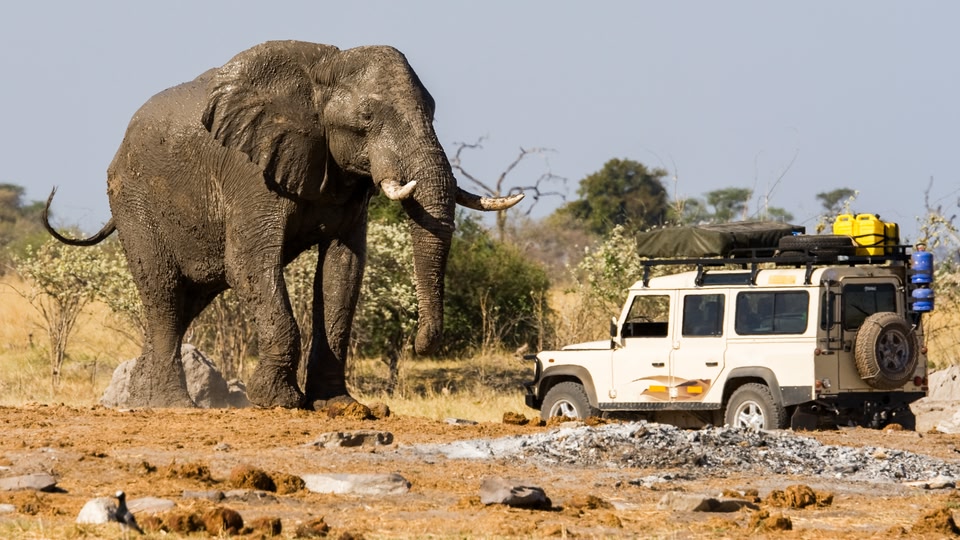

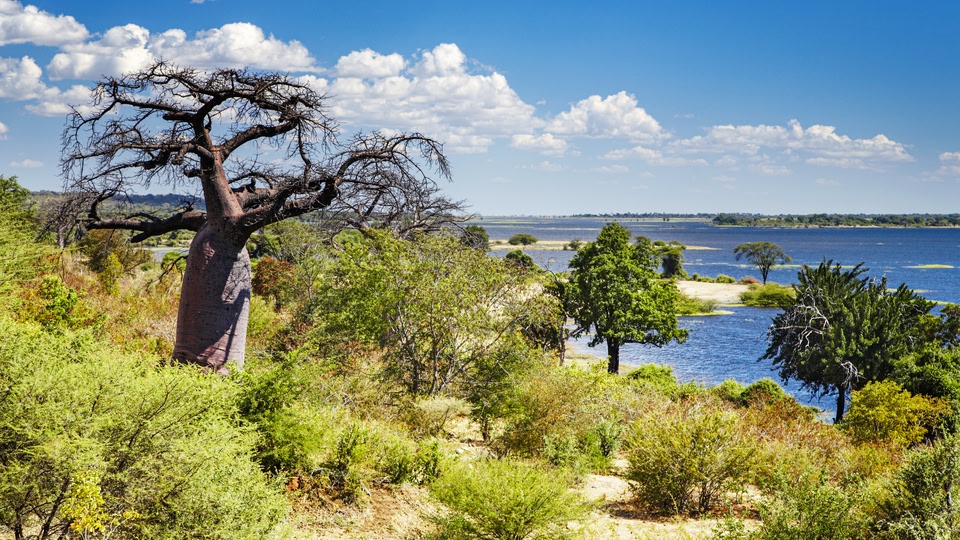
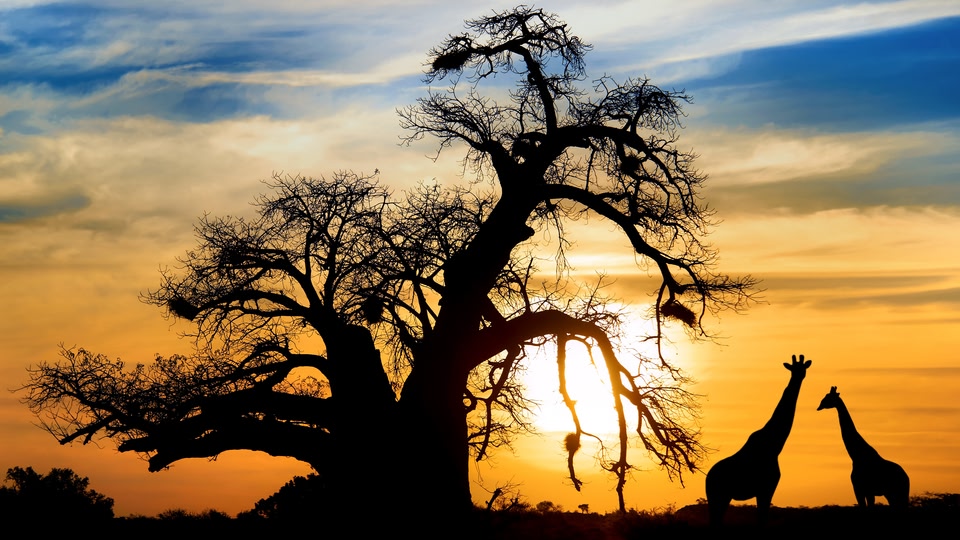


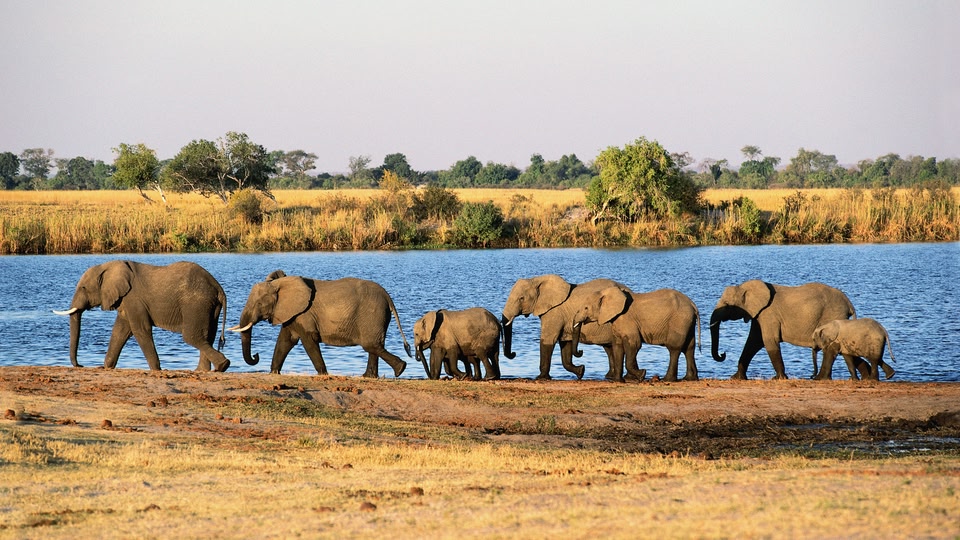
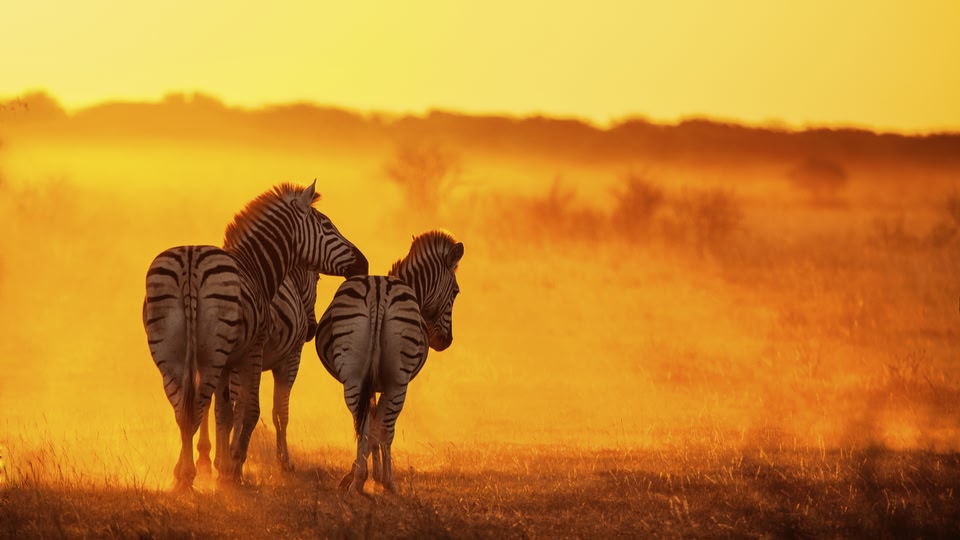
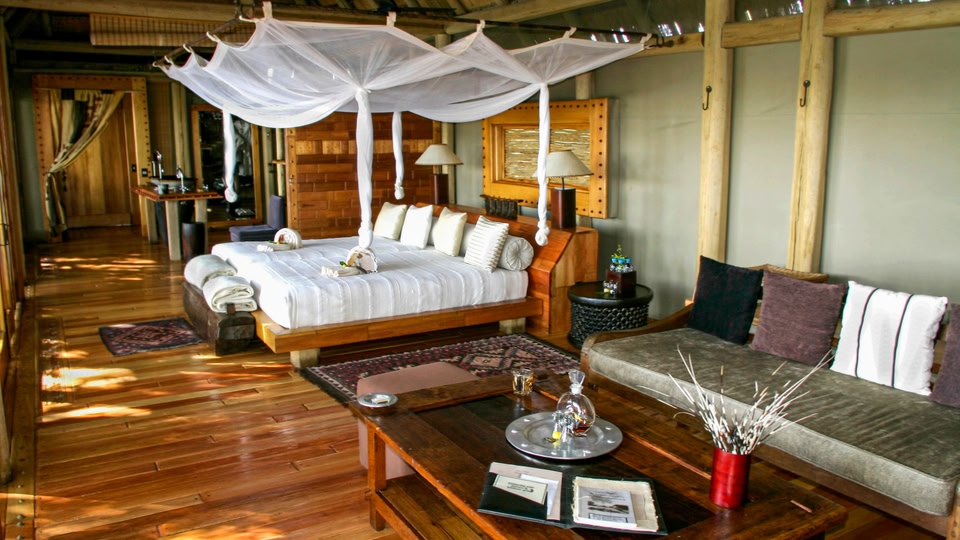
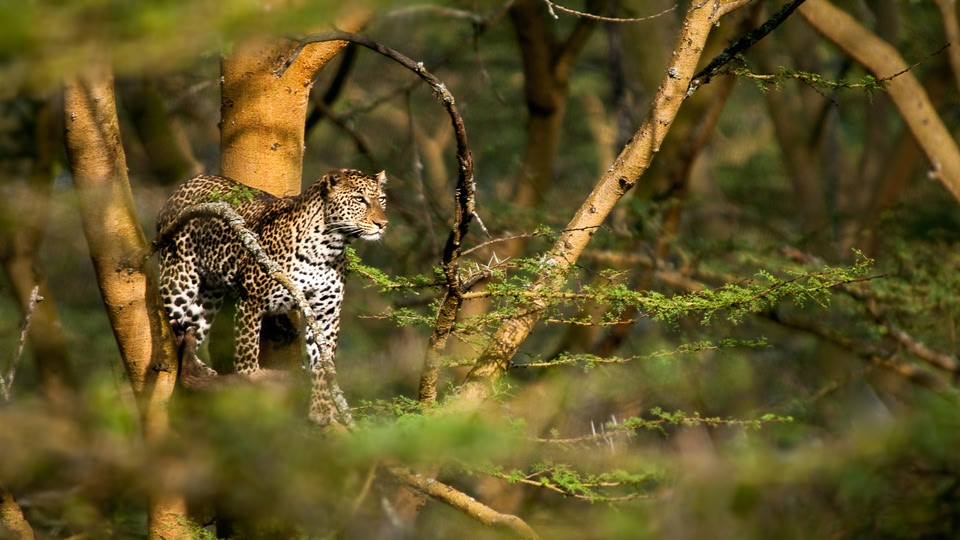
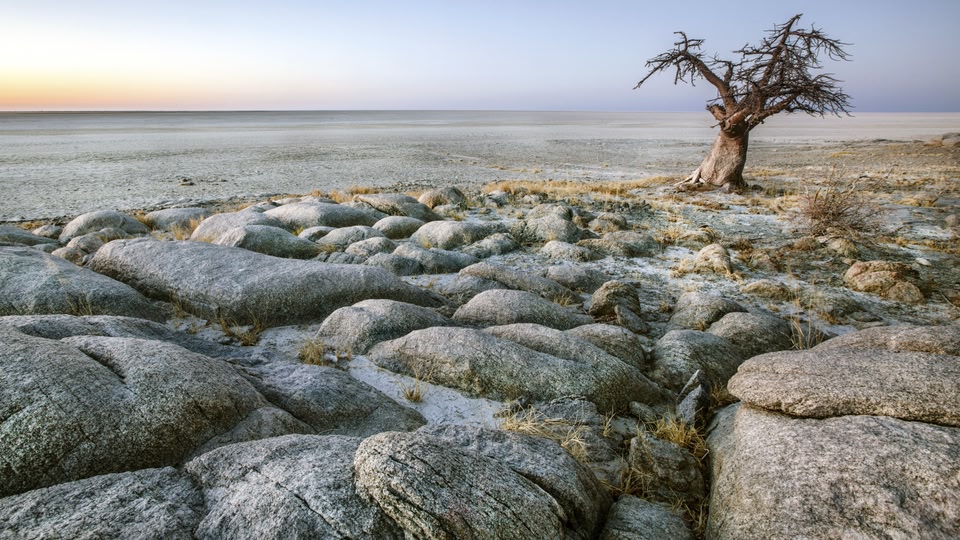
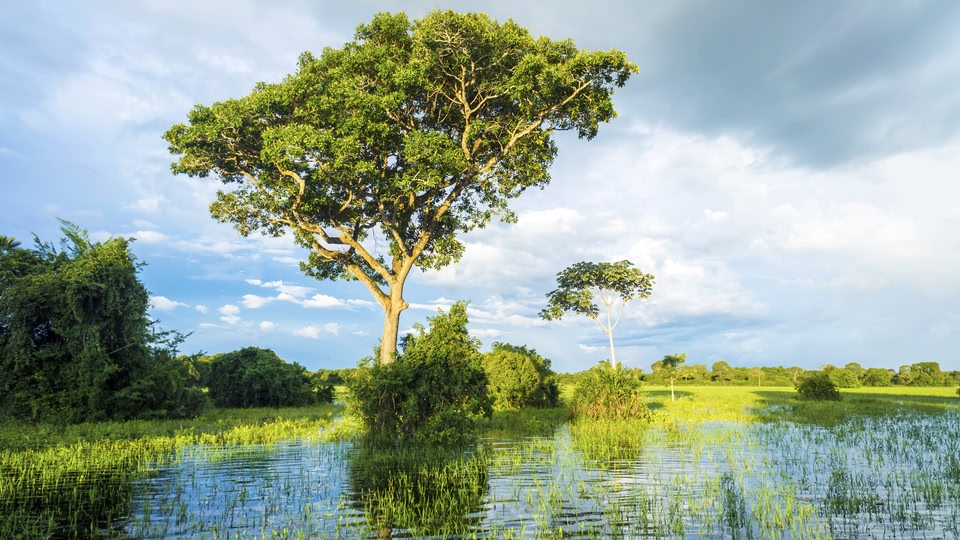
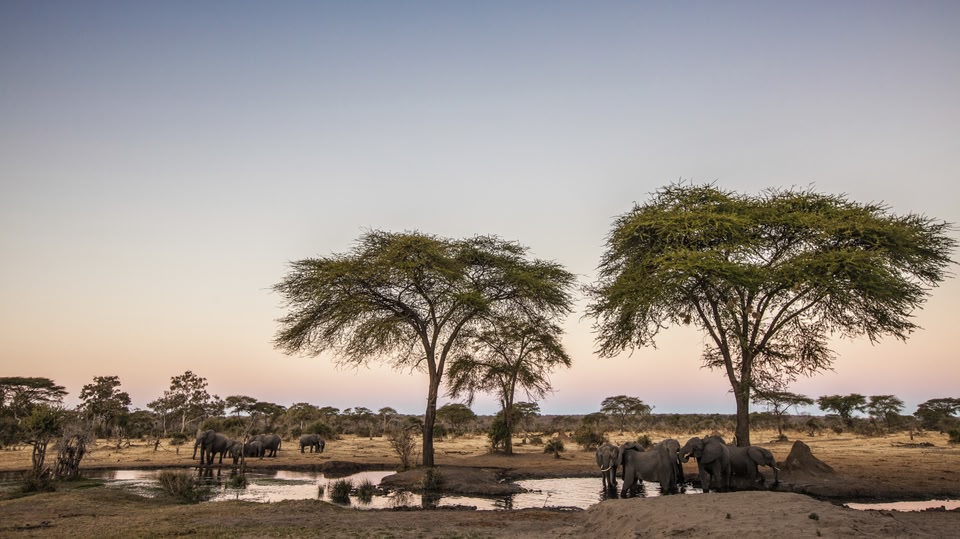
Things to do in Botswana
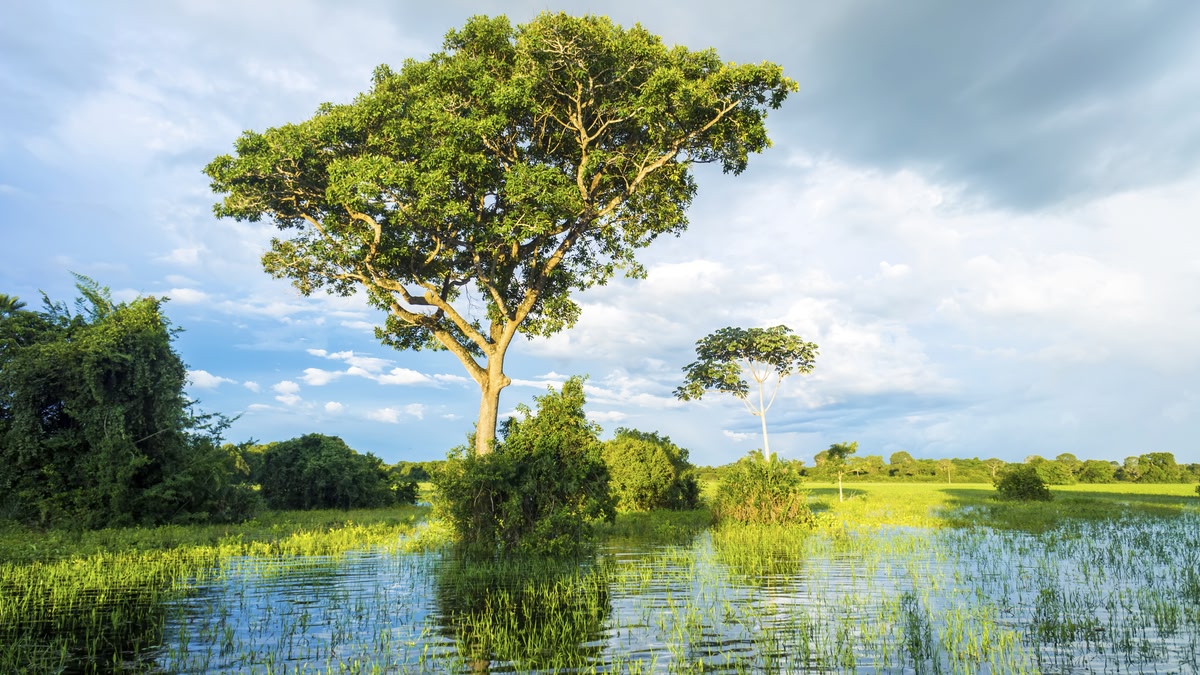
Top attractions
Take in the serene beauty of the Okavango Delta’s wetlands from a traditional ‘mokoro’ canoe. And spot the world’s largest concentration of elephants in Chobe National Park. For a different side of the country, head to the vast Makgadikgadi Pans to learn about its uniquely wild landscape from local Indigenous people, some of the earliest hunter-gatherers in Southern Africa.
Nature
From deserts to deltas, Botswana’s wild landscapes play host to a staggering variety of wildlife and natural wonders. See the country’s conservation efforts firsthand at the Khama Rhino Sanctuary. And explore the Moremi Game Reserve with its leopards, lions and lagoons. Visiting during the rainy season? Don’t miss the otherworldly Makgadikgadi Pans to see thousands of grazing zebras.
Culture and museums
Eager to explore the museums in Botswana? Start with the Botswana National Museum, showcasing local art and heritage exhibits. But the country’s rich culture isn’t restricted to museums and galleries. The Tsodilo Hills are a UNESCO World Heritage Site containing one of the world’s highest concentrations of rock art. The 15th-century Domboshaba ruins are also known for their rock paintings.
Cuisine
Botswana’s speciality is beef, traditionally salted and slow-cooked to make the country’s national dish, ‘seswaa’. Other dishes to look out for when visiting restaurants in Botswana are ‘matemekwane’ (fried dumplings), ‘mogatla’ (oxtail stew) and ‘morogo’ (spinach stew). In between bites, sip on ‘bojalwa jwa Setswana’ (sorghum beer) or ‘maheu’ (a fermented maize drink).
Free things to do
Some of Botswana’s most breathtaking natural and cultural attractions are free. Stroll through Gaborone’s Main Mall markets, then hike Kgale Hill for sweeping city views. Or visit the Thapong Visual Arts Centre to see local artists at work. Explore the fringes of the Okavango Delta with self-guided walks in public areas, and spot wildlife along the Chobe Riverfront’s public roads.
Family friendly
Your kids will safely spot elephants, buffalo, hippos and crocodiles up close on a Chobe River cruise. The Khama Rhino Sanctuary offers guided game drives, nature walks and birdwatching expeditions to thrill all ages. Travelling with older kids? Tear across the Makgadikgadi Pans on a quad biking adventure.
Find the best time to visit Botswana
Weather in Botswana
May – October: Game viewing is at its best during Botswana’s dry winter months when animals congregate around watering holes. Days are warm, but nights and early mornings are cold. Temperatures sometimes hover near or just below freezing. Pack layers you can pull off as needed throughout the day.
November – April: Botswana’s rainy summer season is hot and humid, with temperatures often climbing above 38°C. Expect frequent rain showers and heavy downpours, especially in the afternoons and evenings. Because of all the available water, wildlife may be harder to spot. But it’s still a great time for birdwatching and seeing the country’s wildflowers in bloom.
Events in Botswana
Maitisong Festival (March): Botswana’s biggest arts festival welcomes local and international talent. You’ll find theatre, music, dance, poetry and comedy performed for audiences in and around Gaborone.
Tjilenje Cultural Festival (May): Held in the northeastern village of Nlapkhwane, this festival celebrates the culture and traditions of the Bakalanga people. Highlights include ancient games, traditional dances and stalls selling local food and drink.
Botswana Day (September): Celebrations across the country honour Botswana’s independence from British rule. Some of the biggest festivities are in Gaborone. Flag-raising ceremonies kick off the day, followed by cultural displays, parades and street parties.